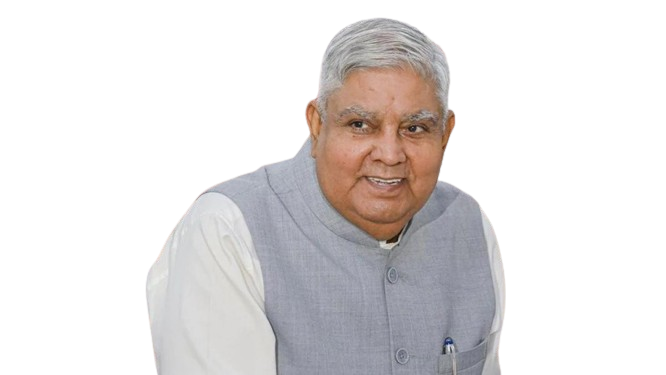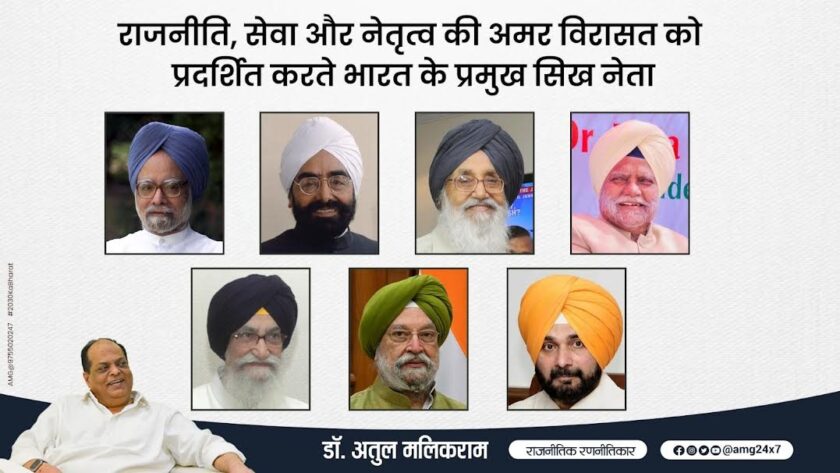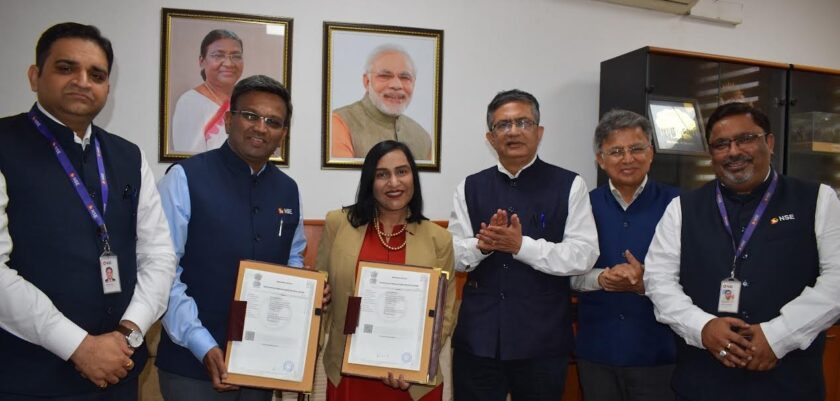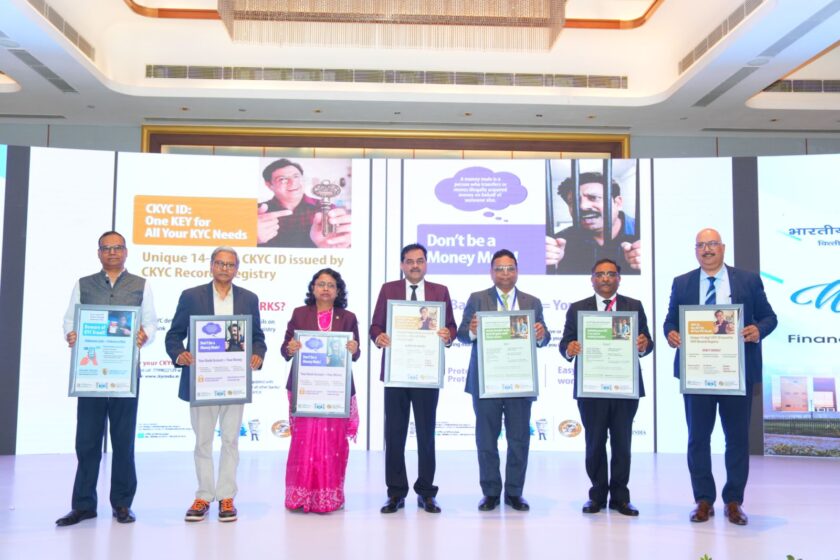New Delhi – Jagdeep Dhankhar, the 14th Vice President of India, stepped down from office, bringing an unexpected end to a tenure that spanned just under three years. His resignation, officially attributed to health concerns, has triggered widespread reflection on a term that blended parliamentary activism, global diplomacy, ideological fervor, and high-octane controversies.
A Storied Political Path
Born on May 18, 1951, in Kithana, Rajasthan, Dhankhar brought a rich blend of legal expertise and political experience to the Vice Presidency. He started as a practicing lawyer in the Rajasthan High Court and later in the Supreme Court, excelling in constitutional law and international arbitration. His political career began in 1989, when he was elected to the Lok Sabha from Jhunjhunu, and he went on to serve as Union Minister of State for Parliamentary Affairs under the Chandra Shekhar government in 1990.
Over time, Dhankhar shifted between parties — from Janata Dal to Congress and finally the Bharatiya Janata Party (BJP) — culminating in his appointment as the Governor of West Bengal in 2019. His fiery confrontations with Chief Minister Mamata Banerjee earned him the moniker of the “real opposition leader” in the state, a tag that foreshadowed his assertive style as Vice President.
Ascension to Vice Presidency
In August 2022, Dhankhar was elected Vice President with 528 votes out of 710, representing the National Democratic Alliance (NDA). As the ex-officio Chairman of the Rajya Sabha, expectations were high that his legal acumen and experience would lend stability and sharpness to upper house proceedings.
Legislative Leadership and Gender Inclusion
Dhankhar’s time as Rajya Sabha Chairman was marked by a strong emphasis on legislative discipline and procedural decorum. His insistence on adherence to parliamentary rules often led to standoffs with opposition leaders but earned him praise from the Treasury benches for upholding institutional dignity.
A landmark decision under his watch came during the 260th session, when he reconstituted the Rajya Sabha’s panel of Vice-Chairpersons, including 17 women members, a move seen as a progressive gesture in support of the Nari Shakti Vandan Vidheyak Bill, 2023. This reconstitution, which included prominent voices like S. Phangnon Konyak, was widely appreciated for promoting gender parity.
Global Engagement and Diplomatic Outreach
Dhankhar also represented India on several diplomatic fronts. His first official visit abroad was to Cambodia in November 2022, marking 70 years of diplomatic ties. He participated in the ASEAN-India Commemorative Summit and the 17th East Asia Summit, while highlighting India’s contribution to cultural conservation at sites like Ta Prohm and Angkor Wat.
In May 2024, Dhankhar visited Iran to offer condolences after the death of President Ebrahim Raisi, reaffirming India’s presence in West Asia. At various international and regional platforms — including the Indo-Pacific Regional Dialogue — he championed a rule-based maritime order and emphasized strategic cooperation, aligning with India’s global vision.
Defender of Tradition and Innovation
A vocal advocate of Indian civilizational values, Dhankhar pushed for the integration of ancient knowledge systems such as Ayurveda and Siddha into modern science. He often underscored nationalism and technological self-reliance as contemporary expressions of patriotism.
As Chancellor and Visitor to several leading universities, including Delhi University, Panjab University, and Pondicherry University, he promoted academic reforms and emphasized traditional Indian epistemologies. His address at Jawaharlal Nehru University on July 10, 2025, at the First Annual Conference on Indian Knowledge Systems, was a passionate appeal to blend the old and the new in the quest for national transformation.
Controversies and Partisan Clashes
Dhankhar’s assertiveness frequently brought him into direct conflict with opposition parties. His critics, especially from the Congress and Trinamool Congress (TMC), accused him of bias and procedural overreach. Congress President Mallikarjun Kharge labeled him the “biggest disruptor in the Rajya Sabha,” and several opposition leaders publicly questioned his neutrality.

Tensions escalated with his frequent interventions during debates, which opposition MPs described as provocations. While the NDA defended him for upholding decorum, social media users and opposition leaders called his conduct “partisan and authoritarian.”
He also courted criticism for his judicial commentary. His April 2025 remarks likening Article 142 (used by the Supreme Court for complete justice) to a “24×7 nuclear missile” stirred controversy, with critics accusing him of undermining the judiciary. His statements questioning the judiciary’s power to direct the President also drew censure from legal scholars and political analysts alike.
Resignation and Speculations
Jagdeep Dhankhar submitted his resignation to President Droupadi Murmu, citing health reasons under Article 67(a) of the Constitution. The decision stunned many, coming just days after his spirited address at JNU, where he expressed hope to serve until August 2027, barring “divine intervention.”
His resignation letter thanked President Murmu, Prime Minister Narendra Modi, and Parliament for their support, describing his tenure as a period of “learning and growth.” He lauded India’s global rise and the warmth shown to him by MPs.
However, the abrupt nature of the resignation, without prior indications of illness, has fueled speculation. Some political observers suggest that internal political pressures or party dynamics may have played a role, though no credible evidence has surfaced to support this.
Legacy: Reformist, Disruptor, or Both?
Though brief, Dhankhar’s Vice Presidency leaves a complex legacy. His supporters celebrate his contributions to parliamentary reform, gender representation, and India’s diplomatic engagement. His critics view him as a partisan figure who failed to embody the constitutional impartiality expected of the Vice President.
Comparisons with predecessors like Hamid Ansari or Venkaiah Naidu reveal stark contrasts — Dhankhar’s tenure was shorter, more controversial, and sharply defined by ideological assertiveness.
He will be remembered for blending constitutional scholarship with combative politics, for expanding India’s cultural diplomacy, and for being a Vice President who brought the heat of electoral politics into the sanctum of Parliament.
Whether one views him as a guardian of tradition, an institutional reformer, or a polarizing partisan, there is no doubt that Jagdeep Dhankhar made the Vice Presidency impossible to ignore. His departure, sudden and somber, ends a chapter marked by activism, conviction, and controversy — the hallmarks of a leader who refused to be a ceremonial figure.










